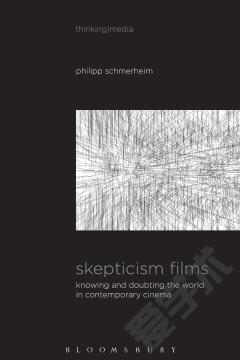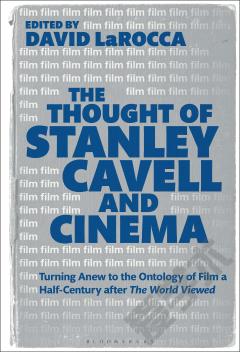Skepticism Films —— Knowing and Doubting the World in Contemporary Cinema
----- 怀疑主义电影:当代电影中的认识和怀疑世界
Cinema has always displayed an affinity to characters with distorted or even hallucinatory relations to reality. With such films as The Truman Show, the Matrix films or Inception, contemporary filmmakers add another layer to this canon of film characters: unwitting ordinary victims of deception for who the skepticist fear that the world is not real but a simulation, fake environment or a dream has become true. From a philosophical perspective, such films vary the idea that we are not able to "know what we think we know" (Stroud) about the world we live in, about ourselves, or about others. They are âskepticism filmsâ: dramatized, fictional configurations of the thought experiments which are part and parcel of philosophical reflection on knowledge and doubt. This dissertation introduces skepticism films as updated configurations of skepticist themes that exemplify the pervasion of philosophical ideas in popular culture. The first part defends a pluralistic film-philosophical position according to which films can be, but need not be, expressions of philosophical thought in their own right. The dissertation then critically investigates the influence of ideas of skepticism on film-philosophical theories, exemplified in the works of film-philosophers such as Cavell, Deleuze, Rodowick, Fruchtl, and Pisters. The concluding parts develop a typology of skepticism films and analyse selected films such as The Truman Show, Inception, Matrix, Vanilla Sky, The Thirteenth Floor, and Moon. With its focus on skepticism as one of the most significant philosophical problems, the dissertation aims at better understanding the dynamic interplay between film, theories of film and philosophy.
{{comment.content}}








 京公网安备 11010802027623号
京公网安备 11010802027623号